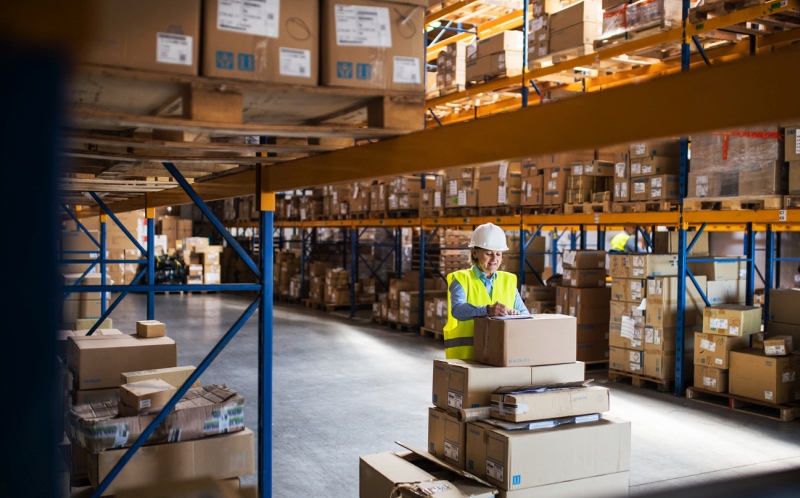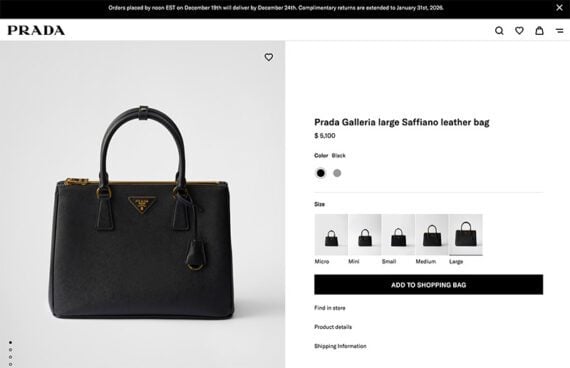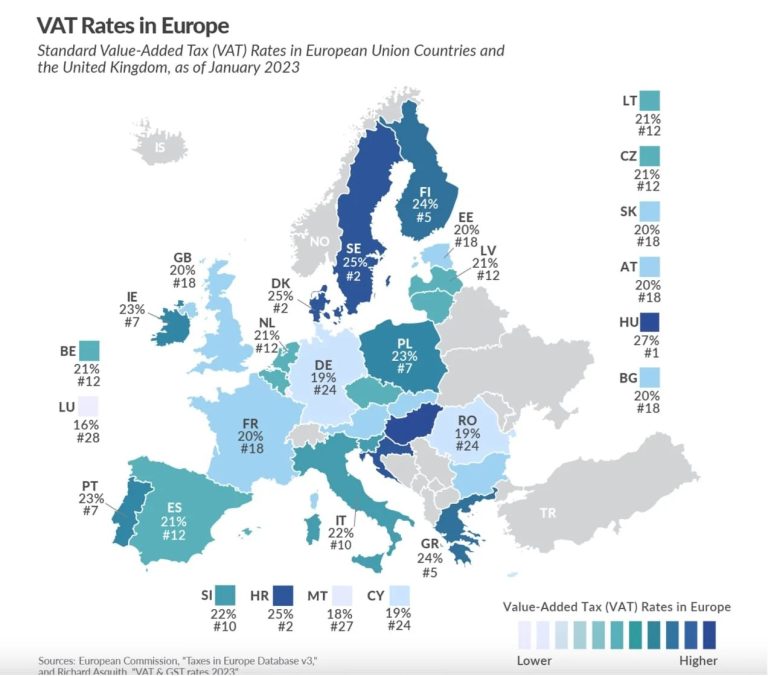
More and more Chinese ecommerce companies are opening storage and distribution centers in Europe. Driven by platforms like Shein, Temu and JD.com, the number of warehouses is growing rapidly. Their goal is to shorten delivery times. Producers and logistics partners are also increasingly choosing a European presence.
Warehouse growth in Europe
In the United Kingdom, Chinese companies have already taken up around 200,000 m² of warehouse space this year, almost matching the peak in 2021. On the continent, demand for large distribution halls is also rising, especially in Germany, France and Poland.
Although European policymakers are critical of the growth of Chinese platforms, those companies seem determined to push ahead. According to Remon Vos, founder and CEO of CTP, a logistics developer, this is not a temporary spike: “All Chinese companies who like to sell in Europe are actually interested in being in Europe.”
Concrete figures and companies
JD.com rented about 80,000 m² in the UK for its Joybuy platform. Logistics real estate company GLP has leased nearly 400,000 m² in recent years to Chinese ecommerce companies in the UK, Germany, Poland and Italy. CTP also reports that Asian tenants now account for about 20 percent of new lease contracts in the past 18 months. In addition to fast fashion and consumer goods, Chinese companies are also expanding their warehouse space for electronics and household products.
Impact on online retailers
For European online shops, this means rising competition. With local warehouses, platforms like Shein and Temu can combine low prices with fast delivery, a formula that attracts consumers and can take market share from local players.
Local return addresses and shorter delivery times lower the threshold for European shoppers to order from Chinese platforms. At the same time, the expansion offers opportunities for logistics partners and fulfillment companies that can secure Chinese clients.





